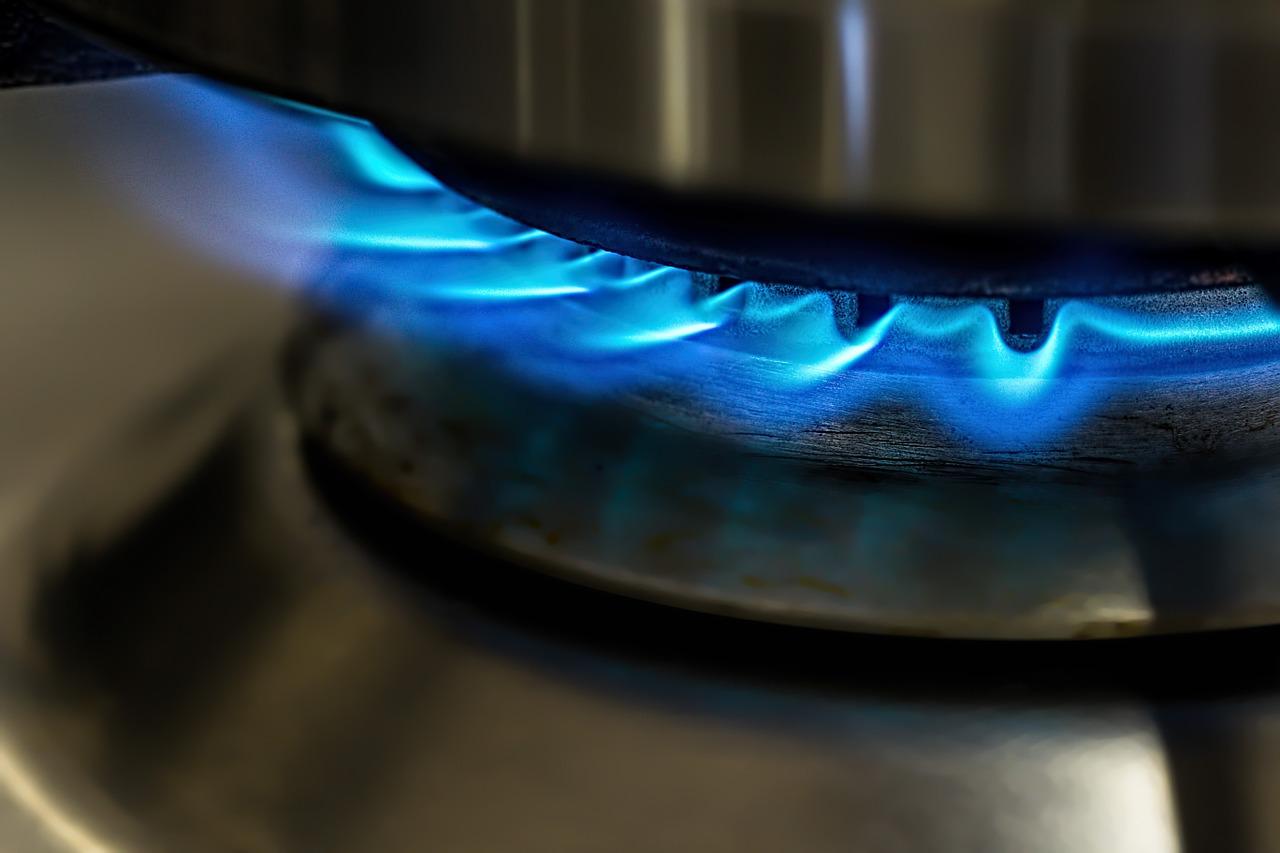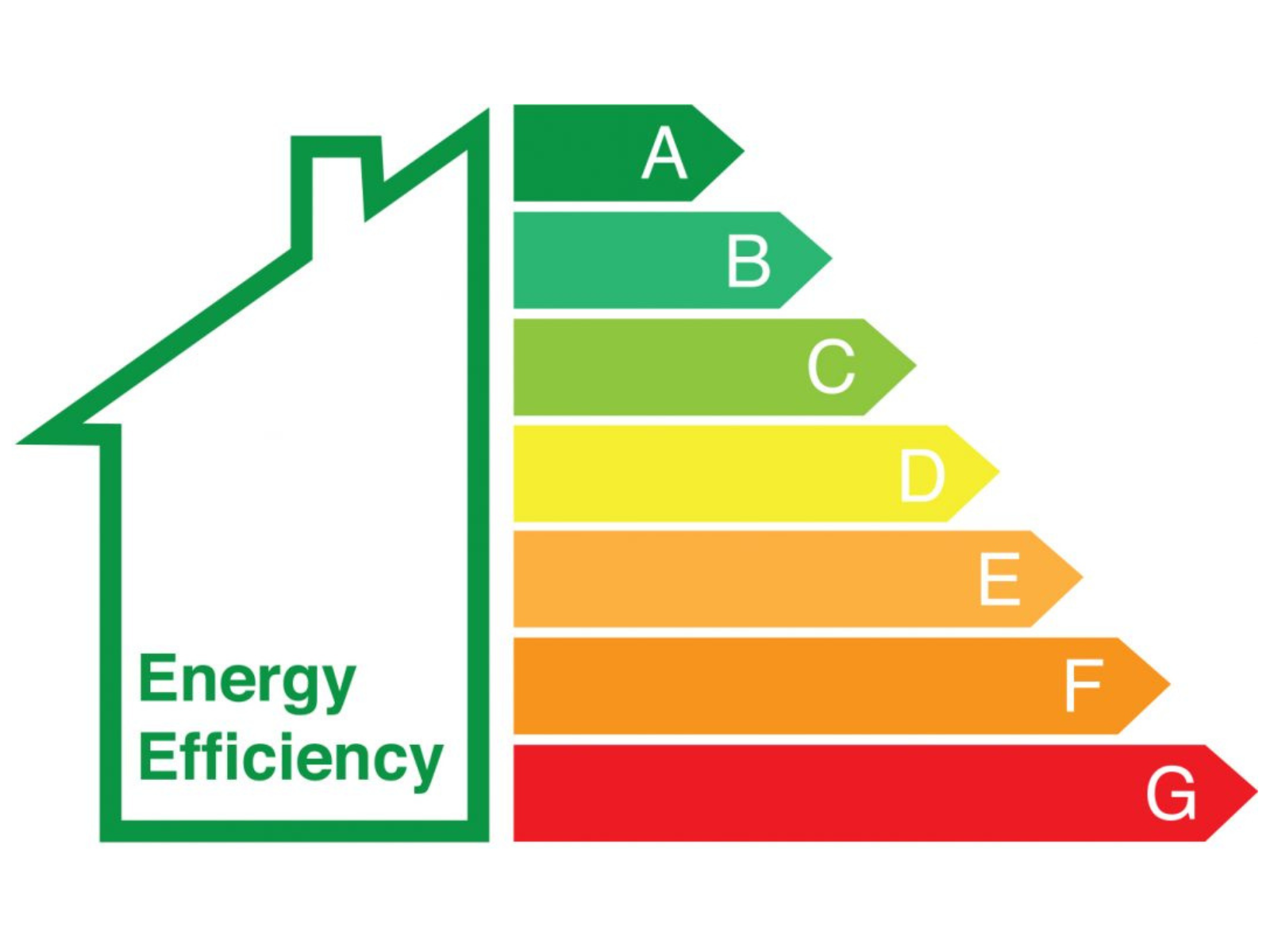The energy price cap increase on 1st October 2022 will increase the average household bill by 80%.
On 1 October 2022, the energy price cap for dual fuel will increase to £3,549 per year for the average UK household - an 80% increase on the current cap of £1,971. A typical bill for those on prepayment meters will jump to £3,608.
The price cap sets the maximum per unit price on energy and this means that someone's total bill can still rise or fall in line with their energy use. This latest jump is estimated to push more households over the fuel-poverty threshold as the energy crisis continues - with no signs of abating as the conflict in Ukraine pushes up wholesale gas prices even further.
Why has the price cap increased?
The price cap is Ofgem's way of ensuring energy prices remain fair for both the consumers and providers, factoring in market circumstances. Currently, the cost of wholesale gas is high.
The price cap has effectively limited how much of this cost energy suppliers could pass on to their customers, resulting in some supplier failing.
When will the next price cap increase take place?
Ofgem has announced that, from October 2022, it will start to review its price cap quarterly, rather than every six months. This means that the next price cap increase after 1 October 2022 will take place in January 2023.
The three-month updates will help customers see the benefit sooner when the prices drop from record highs - but will also mean that jumps in wholesale costs will also be passed to households much faster.
How will the price cap increase affect tenants and landlords?
The number of tenants requiring guarantors as affordability ratios shift in referencing is already growing as average tenants are on an upward trajectory.
Now, the energy price cap increase will add to each household's bill. These factors, amongst others, mean that the cost of living will rise.
January opinions and lifestyle survey found that 66% of respondents said their cost of living had gone up in the last month, with 79% attributing this to higher gas and electricity bills - and could potentially be the difference between tenants paying the rent or falling into arrears.
Reports suggest that the energy crisis could take up to three years to resolve, with the number of households in fuel poverty projected to rise from four to six million.
That figure is from research undertaken before the Ukraine conflict took hold. Agents will therefore need to take a long-term view in supporting their customers throughout.
How can landlords advise their tenants?
Tenants need to understand how much the increase will affect them, and what actions they can take to lessen the impact of this price increase.
Ofgem shares that some suppliers may start to increase direct debit payments in advance of the official increase date, to spread the costs, and that customers that are concerned about when their direct debit payments will increase should contact their energy provider.
"Any money taken from customers to build up a credit will only ever be spent on their energy supply and customers can ask for their credit balance to be returned at any time," says the Ofgem press release.
Credit: News Agents




Share this with
Email
Facebook
Messenger
Twitter
Pinterest
LinkedIn
Copy this link